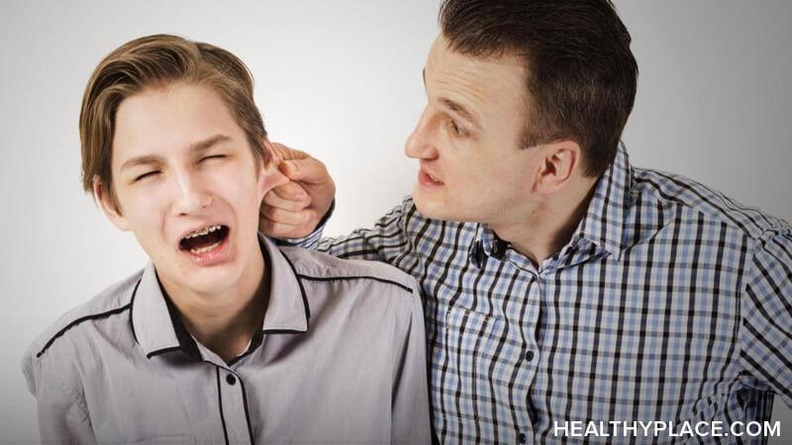Stopping the Cycle of Verbal Abuse When You Are the Abuser

Are you the verbal abuser perpetuating the cycle of abuse? The cycle of verbal abuse is a complex one that many individuals are unaware of until they are in the middle of it. Often, verbal abusers are acting out learned behaviors that they experienced in their lives.
Some abusers do not think their behaviors are wrong since they are all too familiar with them in the family circle. Nonetheless, even if verbal abuse has run rampant in a family for generations without consequences or repercussions, that does not mean it should continue.
Are You the Verbal Abuser?
Is it possible that you were the victim of verbal abuse growing up and had no idea? Regular yelling, threats, and demeaning behaviors could have been the normal circumstance in your home. When you grow up in an environment like this, it can be challenging to recognize the negative aspects.
If someone close to you has said that you are verbally abusive or hurtful, it is time to examine your behaviors to stop the cycle. Are these actions common in your daily life?
- Yelling or screaming at others
- Blaming others
- Name-calling or using derogatory terms
- Using intimidation to achieve the result you want
- Feeling remorse for your actions after hurting someone
- Other things verbal abusers say and do
Many other things could fall under the category of verbal abuse. If you know your actions are wrong, or someone has expressed their hurt from your words, breaking this cycle will prevent it from continuing.
What You Can Do When You're the Abuser
Once you recognize how your words and actions are hurting others, you have the power to change. Stopping the cycle of verbal abuse will not happen overnight, unfortunately. It will take time and a lot of work to ensure that you do not fall back into old habits. However, it is critical that you take the necessary steps to eliminate the abusive behavior to not cause continuing damage to friends or loved ones.
- Recognize your triggers, such as being overtired, hungry, or stressed, can make you react to situations without thinking.
- Let the other person know how you feel and if you are becoming upset or anxious before you act out.
- When feeling angry or overwhelmed, immediately stop yourself from doing or saying something negative.
- If possible, physically leave the situation, or take a break, so you have time to collect your thoughts and re-evaluate how to proceed in a positive manner.
- Take a minute to do some deep breaths and regroup to reconnect with the person.
- Be open and honest with the other individual about your goals and how you want to react in a positive manner.
- Seek professional help.
Be Patient if You're the Abuser
One important aspect of growth is to be patient with yourself if you're the abuser. You cannot change all your negative behaviors overnight. It will take some time and a lot of hard work to stop the cycle of verbal abuse within yourself. So take it one day at a time, and if you lash out and slip up, remember your triggers and aim to catch yourself before it happens next time.
No one is perfect, and there will be days where you may fall back into old habits. Everyone makes mistakes but learning how to change and grow from them will help you be a better person. Only you can stop the cycle of verbal abuse when it is coming from within.
APA Reference
Wozny, C.
(2021, September 23). Stopping the Cycle of Verbal Abuse When You Are the Abuser, HealthyPlace. Retrieved
on 2025, December 1 from https://www.healthyplace.com/blogs/verbalabuseinrelationships/2021/9/stopping-the-cycle-of-verbal-abuse-when-you-are-the-abuser
